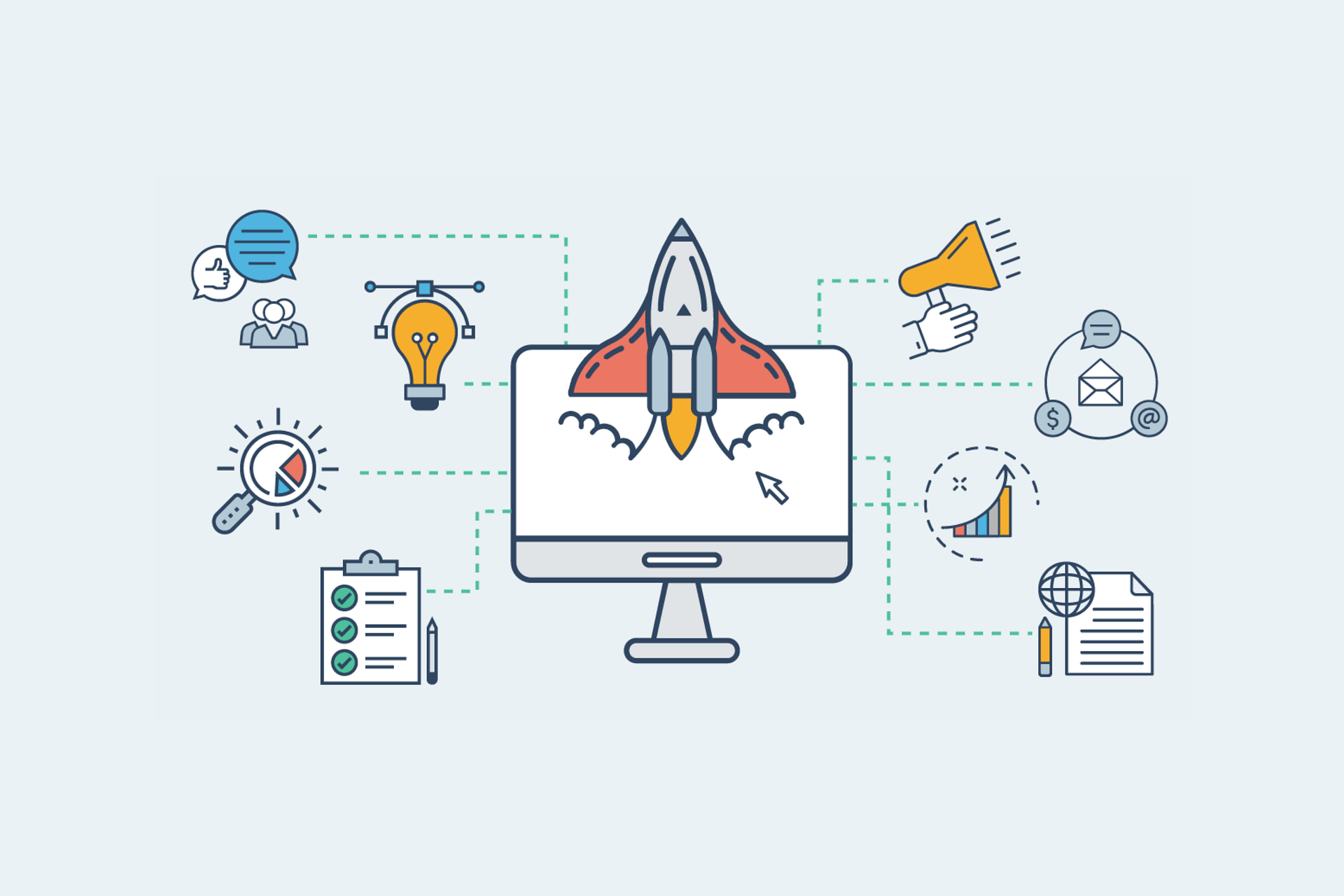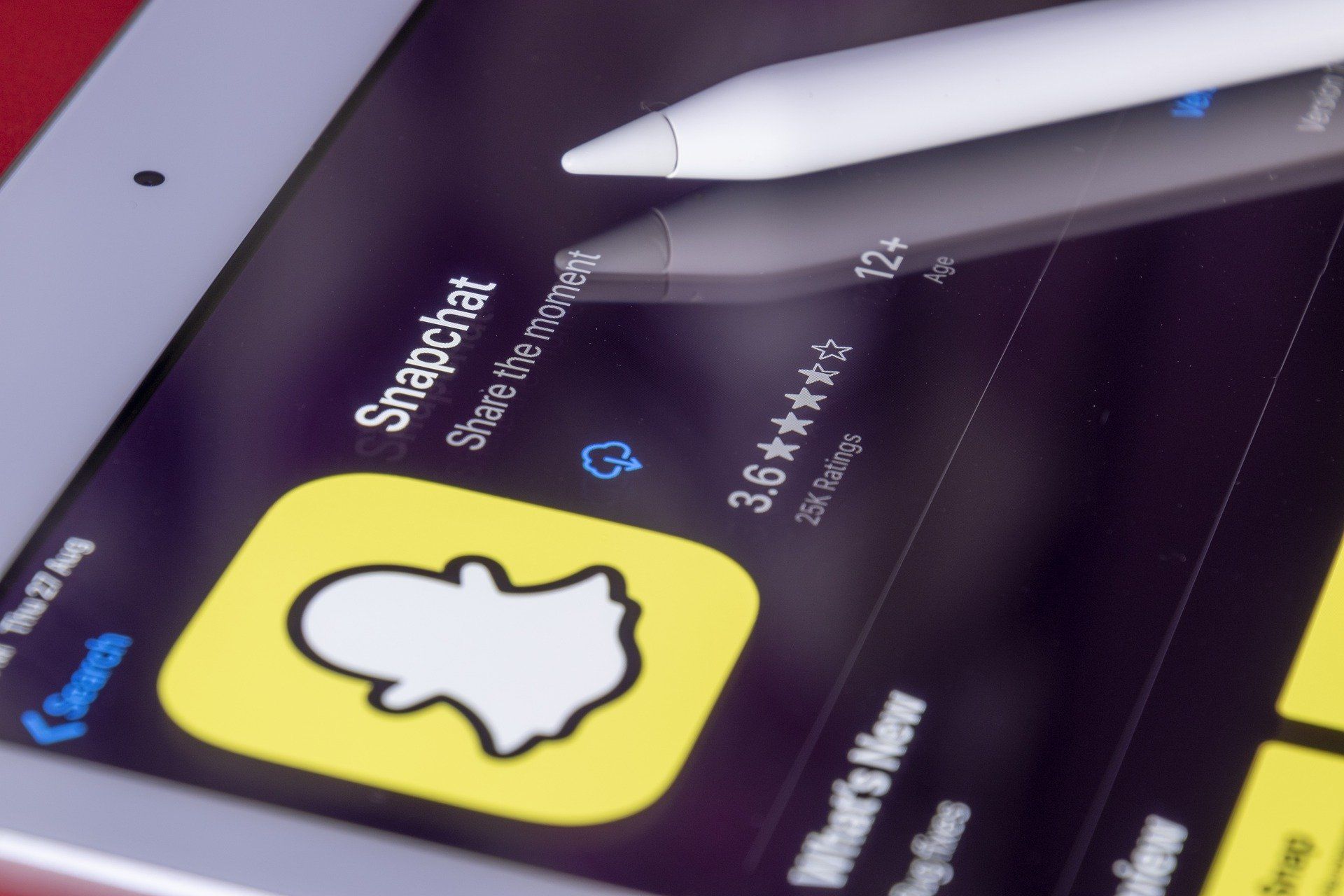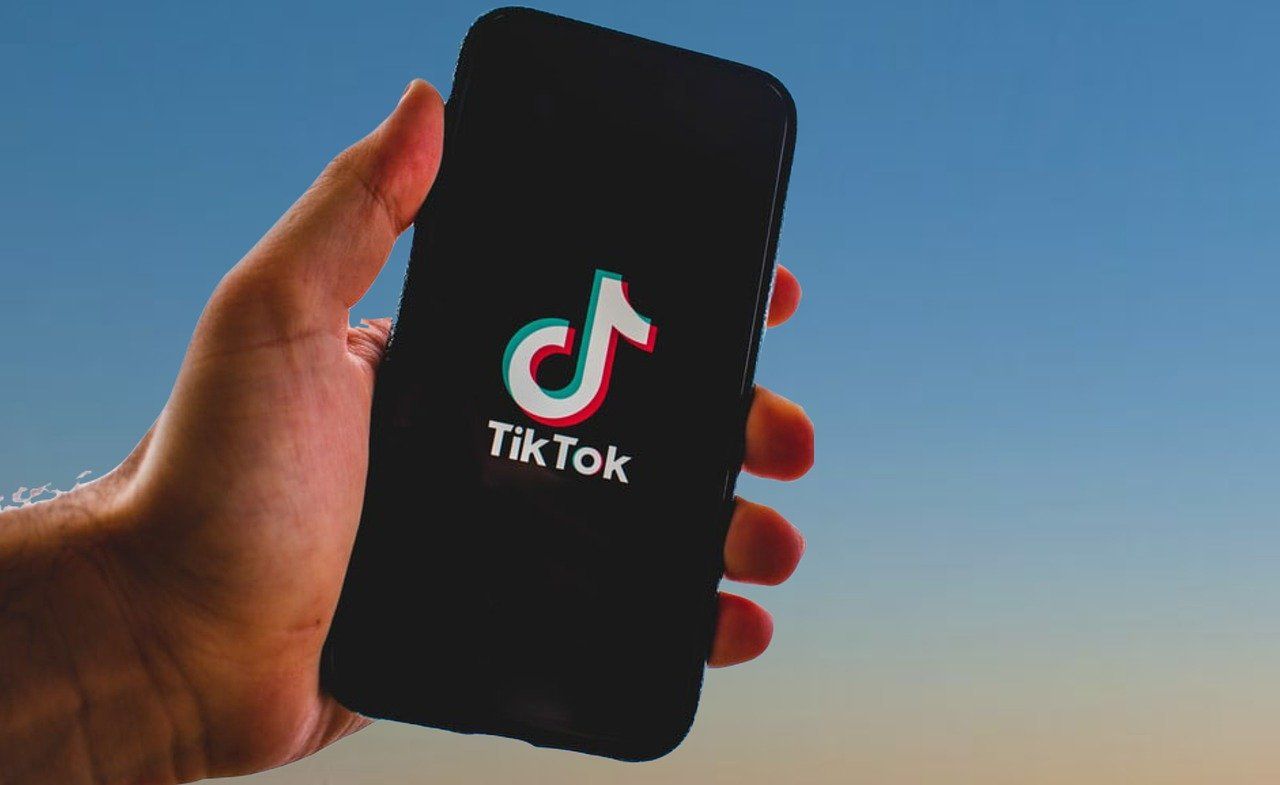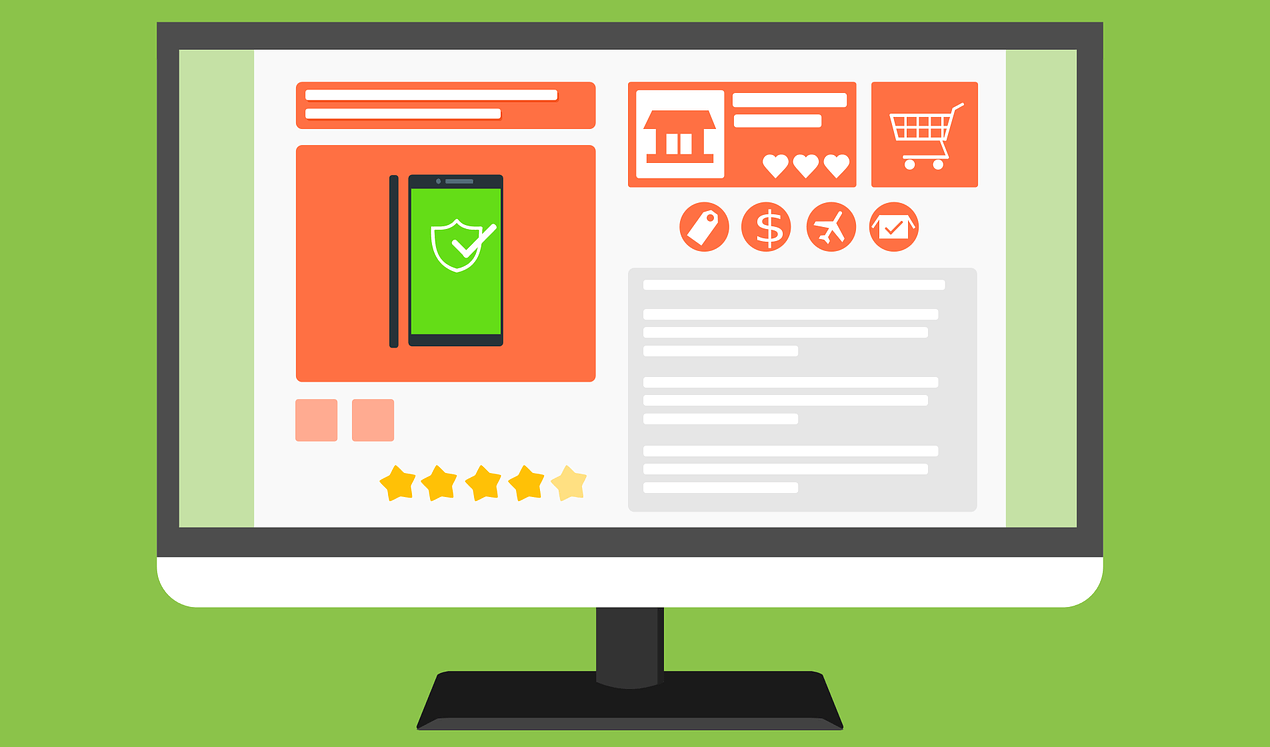Adjusting your strategy during COVID-19

With the pandemic taking over so much of our attention during this time, it can be harder than ever to communicate messaging to your audience.
There are many questions your consumers and followers may have about your business . These m ay very well be more important than the sale you are trying to draw attention to . F or instance , the basics: What are your business hours? Did they remain the same? Is your business taking precautions to keep your consumers healthy?
During this time, it is important to engage with your audience on a personal level , rather than just driving traffic. Your consumers are spending far more time online , so now is the time to reevaluate your strategy . You should look deeply at who your audience is to hone in on your target audience. Along with immediate information about your business, some content you may want to consider is a letter or blog from your CEO. Tips to remain healthy out in public with trustworthy sources, virtual contests, or videos of you in your business can reassure the public that you care about them.
Remaining sensitive to your audience is key to keeping your consumers with you during this time. Using dialog like “Don’t miss it” or “Call now” might not sit well these days, especially to certain consumers going through hard times. It might be best to use minimal urgency, and maximum empathy.
Now more than ever, it’s important to be engaging your audience with your brand personality , as well as with empathy. What consumers need is communication, especially right now, when they may not be able to communicate with your business in person. Let your consumers know you care about them as people, not just as paying customers or clients.
Need help adjusting your business’ messaging in the era of COVID-19? At Phase 3 Digital, we can help you create a time sensitive strategy for your digital advertising, so you can continue to create a relationship with consumers no matter how distanced you may be.
